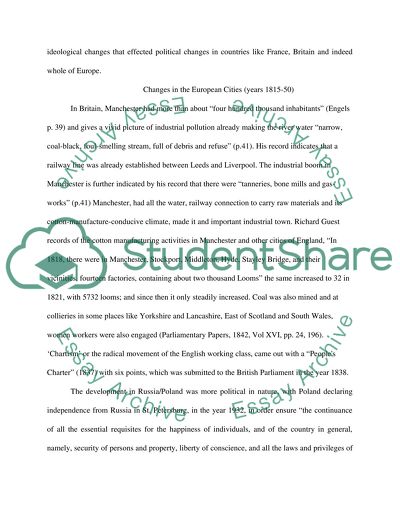Cite this document
(History of Europe Essay Example | Topics and Well Written Essays - 1750 words, n.d.)
History of Europe Essay Example | Topics and Well Written Essays - 1750 words. https://studentshare.org/history/1534142-history-of-the-modernity
History of Europe Essay Example | Topics and Well Written Essays - 1750 words. https://studentshare.org/history/1534142-history-of-the-modernity
(History of Europe Essay Example | Topics and Well Written Essays - 1750 Words)
History of Europe Essay Example | Topics and Well Written Essays - 1750 Words. https://studentshare.org/history/1534142-history-of-the-modernity.
History of Europe Essay Example | Topics and Well Written Essays - 1750 Words. https://studentshare.org/history/1534142-history-of-the-modernity.
“History of Europe Essay Example | Topics and Well Written Essays - 1750 Words”. https://studentshare.org/history/1534142-history-of-the-modernity.


